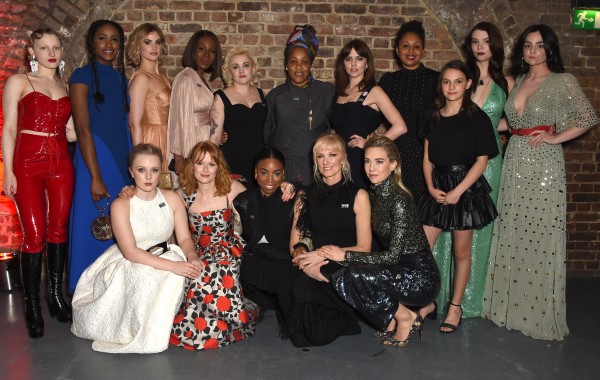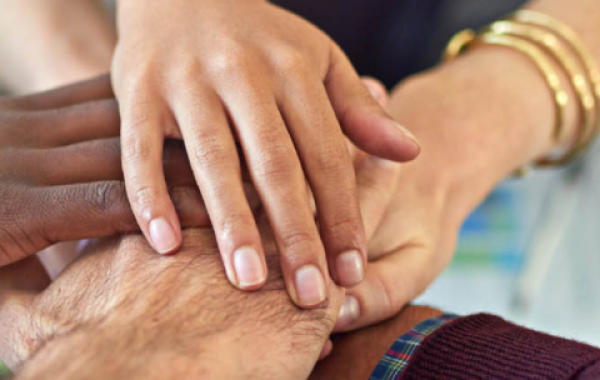International Women’s Day 2017 (IWD) is upon us #BeBoldForChange
International Women’s Day 2017 (IWD) is upon us #BeBoldForChange. How brilliant it is to see the media online and otherwise engaging so fully with the day and all that it represents. The buzz and excitement for IWD is palpable with so many wonderful projects taking place to mark the day. One I am looking forward to in particular is "Speak Out” by composer Kate Whitely; a choral composition, setting to music quotes taken from Malala Yousafzai’s 2013 UN Speech, in which she spoke powerfully about every girl’s right to an education. The piece will be broadcast on BBC Radio 3 as part of programming for IWD. A truly inspired idea, bringing an artistic tangibility to the theme of IWD and from a young women who embodies the 2017 theme #BeBoldForChange.
To help distill the buzz and excitement around IWD 2017, here are 10 facts for IWD reflecting, at a glance, the state of women’s rights around the world courtesy of Valbona Zeneli’s fantastic 2014 piece Women’s Rights Are Human Rights
- Women perform 66% of the world’s work and produce 50% of the food. They earn just 10% of incomes and own 1% of the property globally.
- And out of 197 countries, only 22 of them have women currently serving as heads of state — just 11.2%.
- Women outpace men in educational achievement, with 58% of college graduates. While two-thirds of women graduate in the humanities and the arts, men continue to dominate in science with 60% of graduates.
- More girls than boys now complete their secondary education in 32 out of 34 OECD countries, accounting for around 60% of the total.
- In business, the gender gap remains wide. In the United States, for example, only 21 of the CEOs of Fortune 500 companies are women.
- Men are promoted based on their potential, while women are promoted based on past accomplishments.
- Research studies confirm a direct correlation between the gender gap in economic opportunities and economic growth.
- By contrast, the smaller the nation’s gender gap, the higher its economic productivity.
- In nearly every country, women work longer hours than men and are paid less.
- Women in poor countries do more unpaid work, work longer hours in the informal economy and face degrading working conditions.
Featured Work

Zak Ové
View Details
TIME’S UP UK
View Details
Channel 4
View Details



